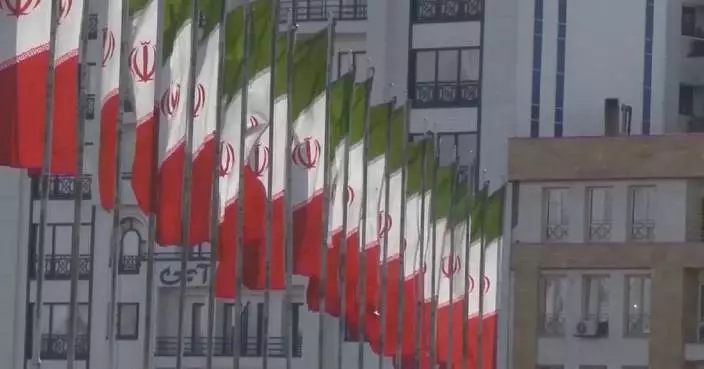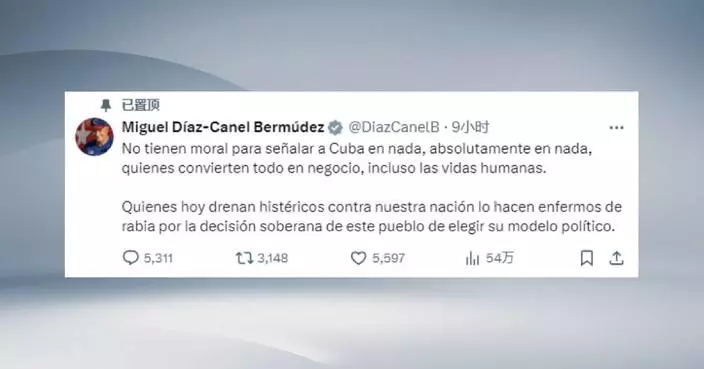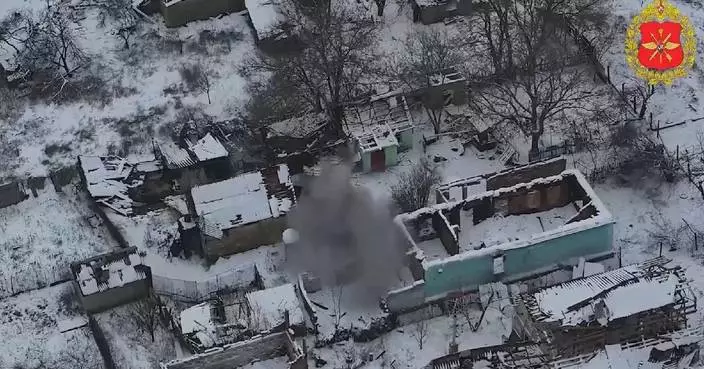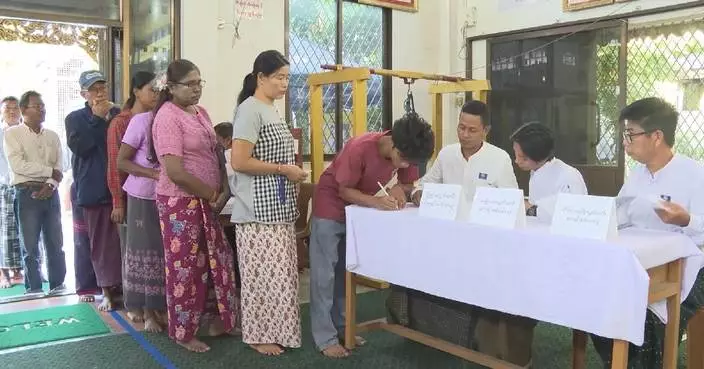A meeting was held on Monday in Cairo between Egyptian officials and an Israeli security delegation, led by Israeli Strategic Affairs Minister Ron Dermer, to discuss a new proposal aimed at achieving a ceasefire in Gaza, informed Egyptian sources said on the same day.
The sources revealed that Egypt has put forward a new initiative calling for a temporary six-month truce in exchange for the release of half of the Israeli hostages currently held in Gaza.
This development follows Israel's recent rejection of a previous Egyptian proposal that envisioned a longer five-year truce in return for the release of all Israeli hostages in the coastal enclave, according to the same sources.
The sources further detailed that the new Egyptian proposal outlines a phased withdrawal of the Israeli military from Gaza and includes provisions for the reconstruction of the territory.
Earlier in the day, Egypt's Al-Qahera News TV channel reported that Egypt's intelligence chief, Hassan Mahmoud Rashad, is scheduled to meet with the Israeli negotiating team in Cairo to discuss the ceasefire in the Gaza Strip.
The channel reported that this meeting follows a Hamas delegation's recent visit to Egypt, where discussions centered on a ceasefire in the Strip.
On Saturday, a Hamas delegation led by senior leader Khalil al-Hayya agreed in Cairo to release all Israeli hostages in exchange for a five-year truce, said an Egyptian security source. According to Israel's state-owned broadcaster Kan, Israel rejected the proposal.
Israel halted the entry of aid supplies into Gaza on March 2, following the expiration of the first six-week phase of a ceasefire agreement with Hamas that started on January 19. Israel claimed the move was due to Hamas' rejection of its offer to extend the first phase. Israeli forces then resumed strikes across Gaza on March 18, effectively ending the phased truce.
Indirect negotiations between Hamas and Israel, brokered by Qatar, Egypt, and the United States, have been ongoing for weeks, aiming to end the prolonged conflict in Gaza, which erupted in October 2023.
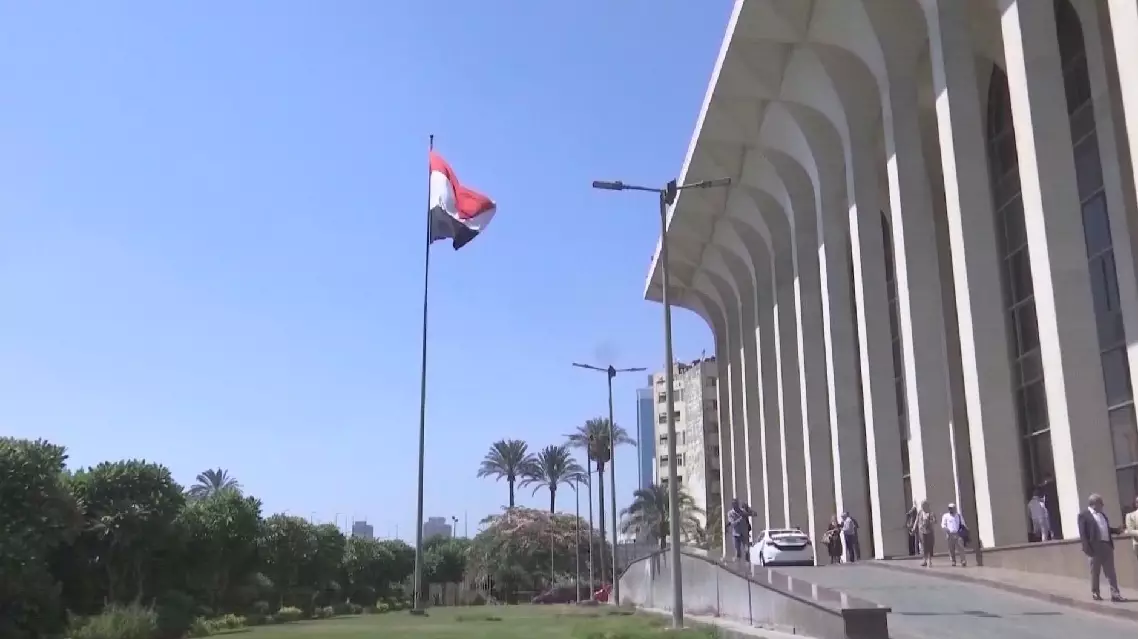
Egyptian-Israeli meeting held in Cairo on Gaza ceasefire proposal: sources
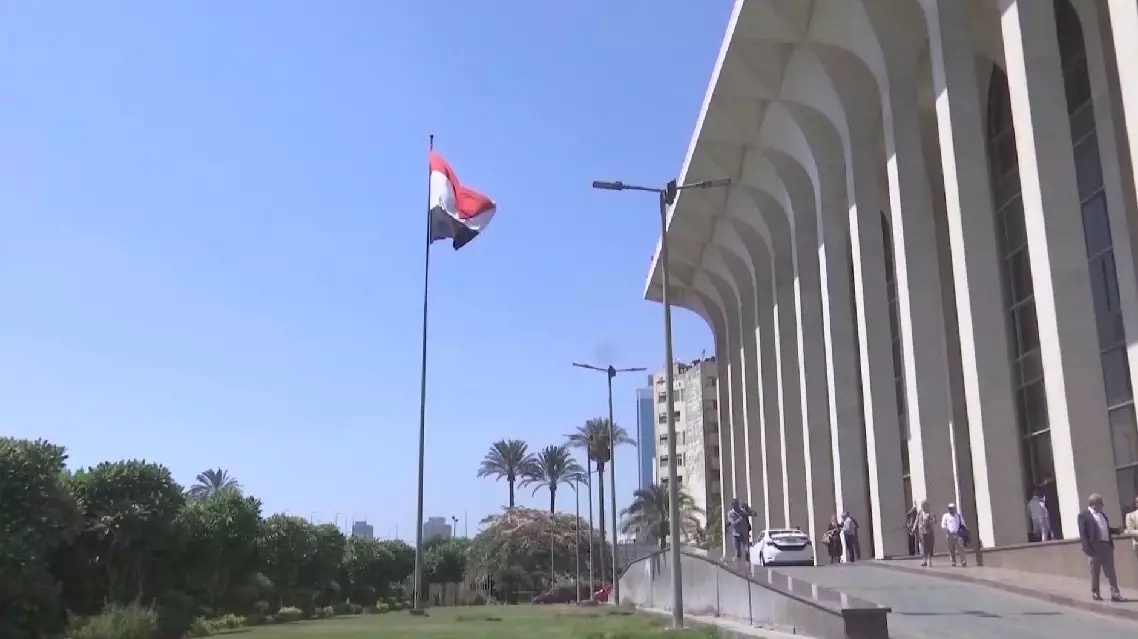
Egyptian-Israeli meeting held in Cairo on Gaza ceasefire proposal: sources
A major port in northern Venezuela came under U.S. airstrikes in the early hours of January 3, which caused extensive damage to civilian infrastructure, destroyed critical medical supplies in a warehouse, and severely impacted centuries-old cultural heritage sites, according to local residents.
The La Guaira Port, a vital hub for imports that support daily life in the region, was heavily damaged during the attack.
Large quantities of medical supplies stored at the port were destroyed. A historic cultural building dating back for some 300 years was also badly damaged by the bombardment.
Residents living near the port recalled the terrifying scenes as explosions shook nearby neighborhoods.
Humberto Bolivar, who lives in a community separated from the port by only a main road, said the blast waves shattered his home's windows, while stray shrapnel struck the water tank on his roof. According to reports, three missiles were fired at the port that night.
Bolivar said that beyond material losses, he is most concerned about the psychological impact on his children, who remain too frightened to leave their home days after the attack.
"The United States invaded our country. The children were frightened. This is not good for them, because it leaves some children with psychological trauma. They do not want to go to school or leave the house, because they are afraid that something worse might happen. We truly do not want this to happen to our country," he said.
Apart from civilian facilities, local cultural heritage site was also affected.
The La Guaira state government building, a structure with nearly 300 years of history and once served as the site of Venezuela's first national customs office, was struck by the force of the explosions.
Windows of the building were shattered, and furniture scattered across the floor.
"As people of La Guaira, we feel deep pain. Our cultural heritage has been bombed. We are living in constant anxiety and suffering, and life can no longer be the same as it was before," said a local named Henry Cumares.
The U.S. side has claimed the airstrikes targeted warehouses allegedly used to store narcotics. However, locals refuted such accusation.
"According to what Donald Trump said, they bombed this place using the excuse that the warehouses here were used to store drugs at the port. But based on the video released by our governor, these warehouses that were burned contained medicine for kidney patients and foods. Many people depend on these supplies to survive. I think the bombing is extremely despicable," said a local resident named Alejandro Capriles.
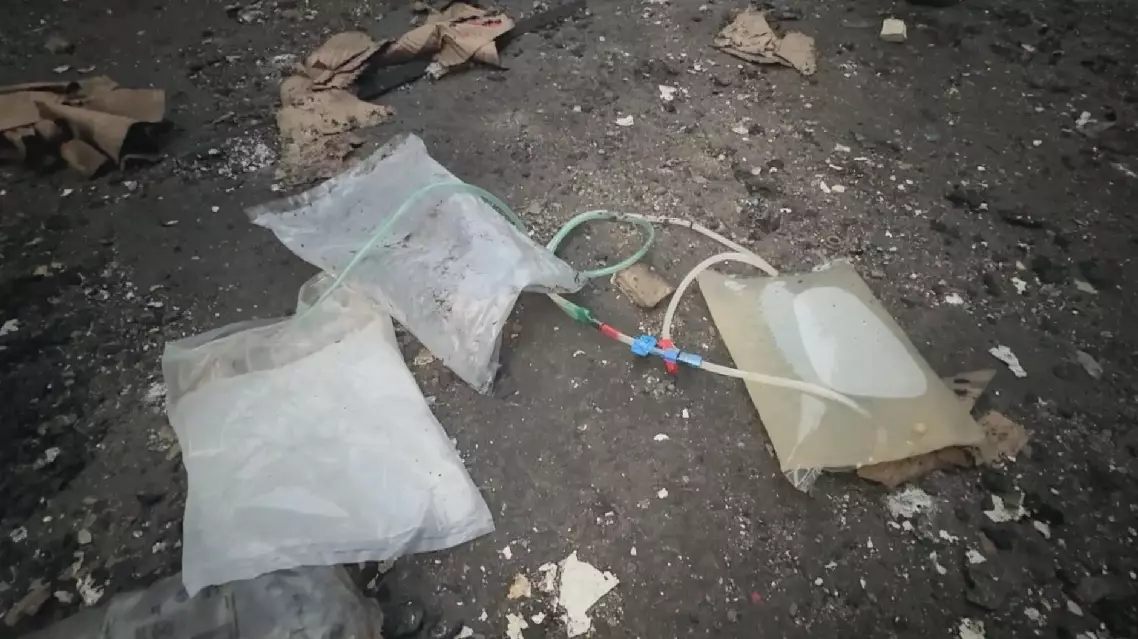
US strike hits Venezuelan port, wrecking medical supplies, heritage building





